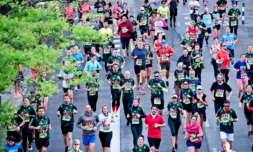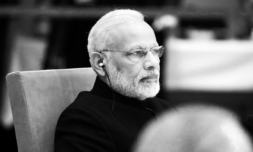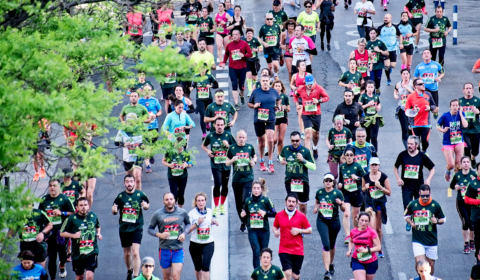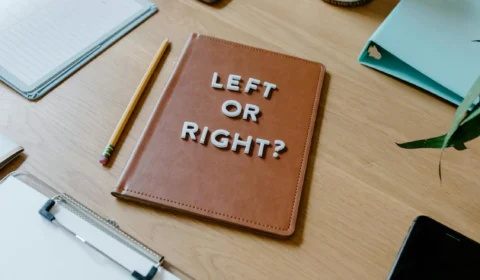Greenpeace’s report focuses particularly on the danger of microplastics, a less documented side-effect of plastic production, and the inefficiency of current recycling methods. Our editor Imogen recently explored this topic in detail, outlining just how inefficient our current systems are – it’s estimated that only 9% of all plastic ever produced has actually been recycled.
So, how can big chains like Sainsbury’s and M&S cut back on their excessive need for single use plastics and packaging rather than relying on recycling? We can’t simply replace plastic with other materials as this would cause complications in other environmental sectors. Swapping to paper would increase wood demand, for example, thus impacting forests and making the entire thing redundant.
What’s really needed is a repurposing system that would allow old packaging to be used multiple times without excessive wastage, as well as a reduction in overall demand. We’re already seeing big companies such as IKEA experiment with this idea by repurposing old furniture. There’s no reason that supermarkets can’t take a similar approach.
Using a three tier system that accounts for sales units, components, and weight, Greenpeace was able to create a detailed list of ways in which supermarkets and consumers can heavily reduce the amount of plastic they use in food products.
It proposes a halt on selling plastic bottled water and milk, and introducing a refill system similar to Germany. Elsewhere, it pushes for ‘naked’ products – items with little to no actual packaging – for bathing and showering, and points to lockdown home delivery services as an excellent example of packaging being effectively re-used on a large scale.
Revenue for online food orders rose by 11.5% in April compared to last year in the UK, with the total number of users also being boosted by nearly 10%. Organic food companies like Abel and Cole saw a similar influx, experiencing a 25% growth period a month into lockdown. It recently introduced a ‘Club Zero’ scheme that offers three different sized containers that can be filled with any of fifteen select products. When the items are delivered, customers leave the empty containers to be collected the following week and they’re then washed and re-used.
Clearly there’s an appetite for sustainable services such as this, and there’s every opportunity for the big sellers so start incorporating similar schemes and systems into their own deliveries. One report from Ecovia Intelligence explains the rise in sustainable food’s popularity as a result of heightened ‘consumer awareness of the relationship between nutrition and health’. I’d argue that it’s a combination of this and less financial outgoings than usual – but regardless the trend is evidence that consumers are open to sustainable food and responsibly packaged goods.
Greenpeace is asking for supermarkets to promote these reuse and refill schemes and educate their customers on options that don’t all involve buying a bulk of single-use items.
In addition, it wants supermarkets to collaborate together and offer similar repurposing services across the board, as well as provide yearly data on single-use plastic to ensure transparency. The government should also set legally binding targets to halve single-use plastic production by 2025, and standardise reusable packaging. Basically, the stress is on removing unnecessary products like bottled water and presenting different choices to customers that allow for refills and repurposing. It’s the only tangible way to lower plastic consumption rates which at present are looking pretty dire.
Of course, Greenpeace is not a governing body and doesn’t have significant powers to alter the national recommendations of all supermarkets, but its guidance and outlines won’t be ignored by government. You can bet that it’ll help significantly to bring this conversation into the House of Commons – at least once the pandemic calms down, whenever that may be. The most difficult part will be getting supermarkets to convert over, and it may be the case that mandatory rules will have to be enforced before big chains start getting their act together. Only time will tell.
Perhaps there’s one good thing emerging from the pandemic, though – that refillable delivery products can work. The trick will be creating schemes that are affordable for everyone, and not just the middle class organic foods demographic. If you want to help right away then my best advice is to avoid plastic products you don’t need, buy re-usable items where you can, and avoid meal deal items, as much as it pains me to say. Convenience isn’t worth all that damn plastic and cardboard.
If you’d like to read Greenpeace’s full report you can check it out here.



















